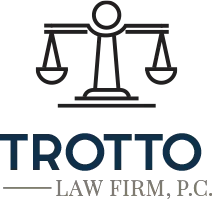A power of attorney is a written authorization to act on behalf of another person in some specifically defined legal capacity. When a person is creating a New York estate plan, a power of attorney provision is typically included in a will, trust or another document, such as a living will or durable power of attorney for healthcare. No matter the basis for the granting of the power or its scope, there may come a time subsequent to the creation of the power where the grantor determines it is in his or her best interests to revoke it.
Initially, legal experts explain that unless a power of attorney had a specified expiration when it was created, it lasts until the death of the grantor. The expiration can be a certain date or triggering event, but most POAs do not have such a provision. More often, circumstances change in the life of the grantor that alters who the appropriate designee should be. For instance, a husband may name his wife as POA but most likely would decide to change that designation if the couple were to divorce.
The grantor of a POA has the absolute right to revoke it at any time for any reason or for no reason at all. The only procedural necessity is that the revocation must be in writing and, importantly, must be actually received by the attorney-in-fact. The attorney-in-fact’s actual knowledge of the revocation ends the POA.
There are many issues to consider when creating an estate plan, and it is wise to review the documents periodically to ensure they remain relevant. An estate planning attorney can provide guidance and counsel.






